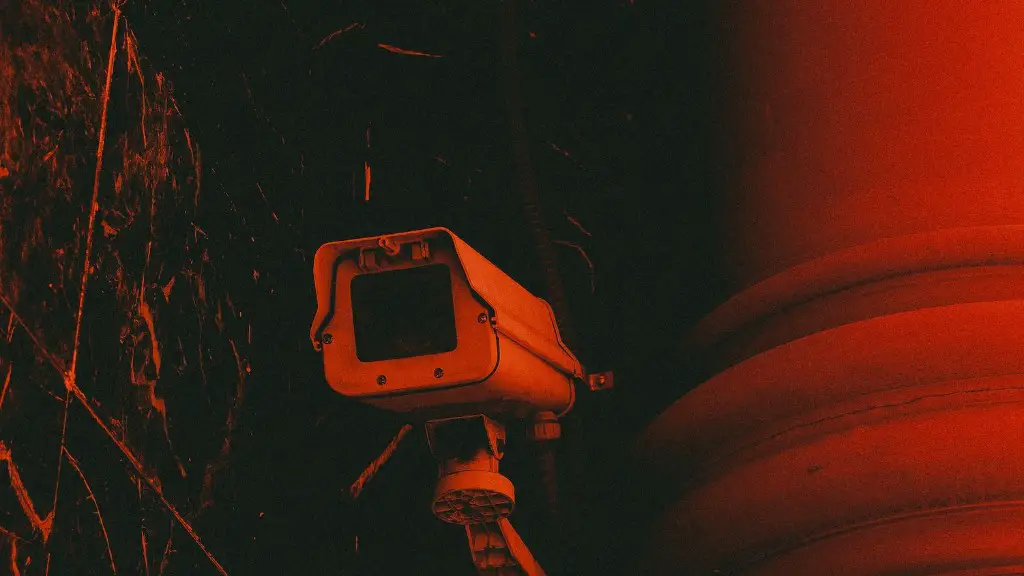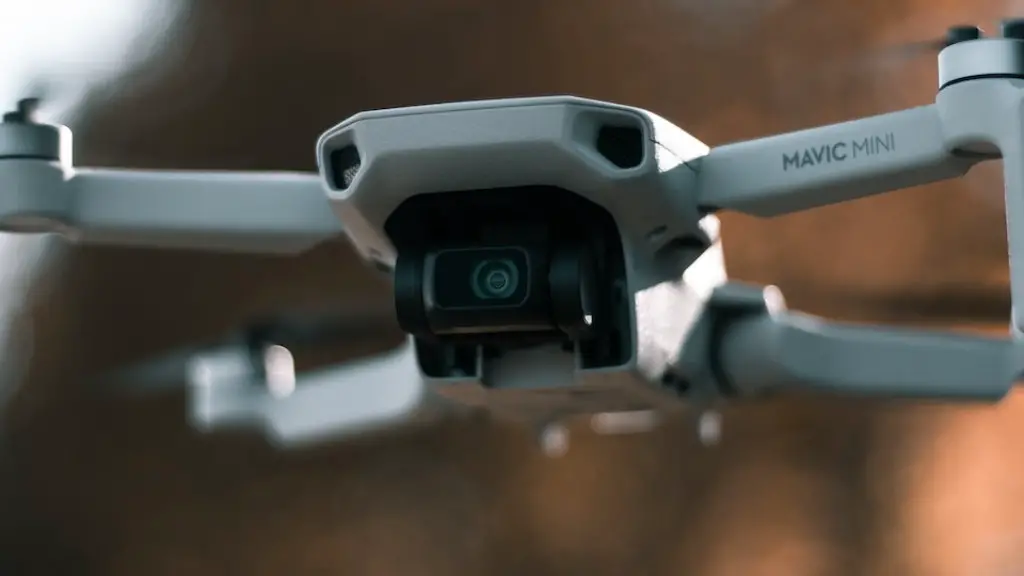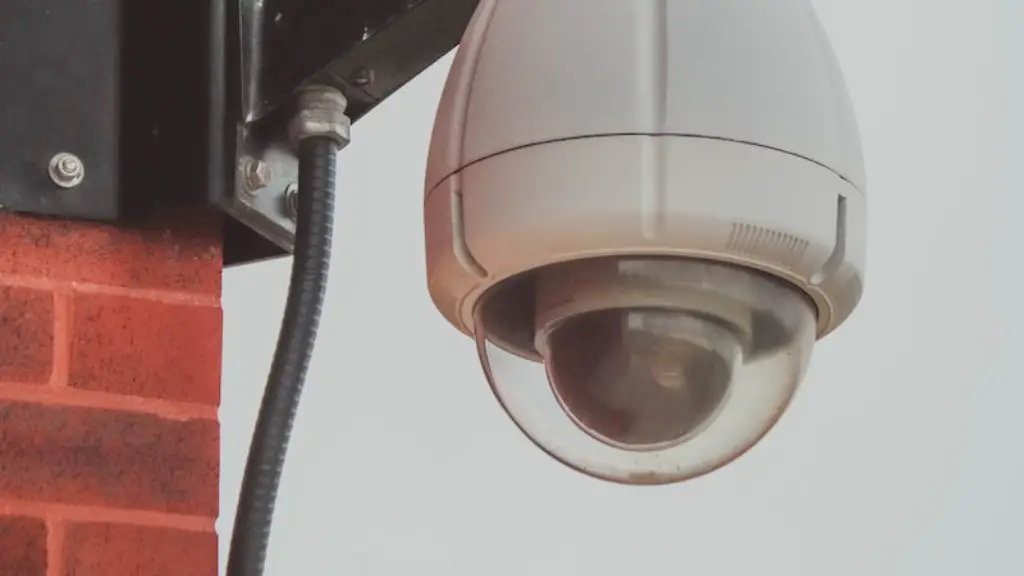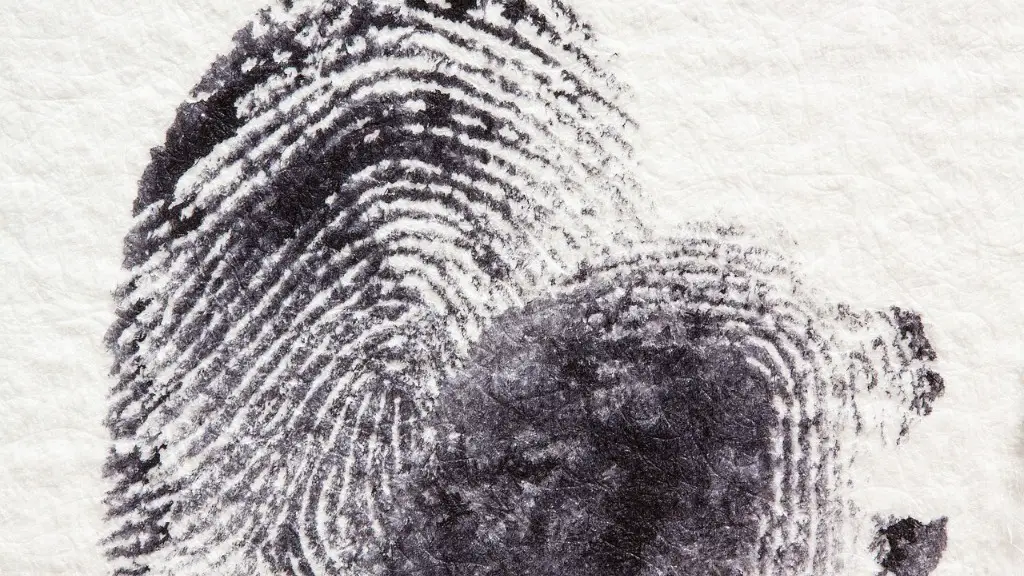The Origins of the CIA Inspector General Role
The role of the CIA Inspector General (IG) dates back to the late 1940s, when Harry Truman created the Office of Inspector General in the Central Intelligence Agency in 1949. It was given the task of performing internal audits of the agency and ensuring compliance with applicable laws and regulations. The office was tasked with ensuring that the CIA engaged in activities that were in line with US law and the public interest. Its mission has since become much more comprehensive, tasked with “promoting economy, efficiency, and effectiveness; detecti ng and preventing fraud, waste, and abuse; and examining and reviewing complaints and allegations of impropriety”.
The post of Inspector General has gone through a number of different iterations since its inception, with varying levels of influence and power. It was first given the authority to conduct investigations into the agency in 1948, when President Truman amended the National Security Act of 1947 to give the Inspector General that authority. The IG went through several reform processes over the years, culminating in the National Security Act of 1992 which ensured that the IG’s office would be independent of the CIA’s Director and Deputy Directors, giving it even greater autonomy. The IG has since been given the power to conduct investigations into the CIA’s use of covert activities abroad without the approval of the agency director.
The Role Of the CIA Inspector General
The role of the CIA Inspector General today is to act as an independent oversight body for the agency. The IG is tasked with ensuring that the CIA is following its statutory mandates, that it is engaging in responsible and ethical activities, and that its activities are in line with US law and the public interest. The IG is also tasked with conducting investigations into the agency’s use of covert activities abroad and evaluating the effectiveness of the agency’s operations.
The IG is focused on protecting whistleblowers and other potential sources of complaints, investigating allegations of misconduct or malfeasance, and evaluating the effectiveness of the agency’s activities. This is accomplished through a wide range of activities, including the audit of material that has been created or collected by the agency, and reviewing reports that the agency has produced. The IG also participates in and oversees the agency’s recruitment and interviewing processes, as well as providing on-the-spot evaluation of the agency’s activities.
The IG also has the authority to issue subpoenas and access records that have been classified, in order to ensure that the agency is engaging in responsible and ethical activities. This is an especially important power for the IG, as it allows them to stay on top of the agency’s activities and ensure that they are in line with US laws and regulations. The IG also serves as a source of advice and counsel to the Director of the CIA, and may propose changes to the agency’s operations or activities.
Limitations of the CIA Inspector General
As the Inspector General is an independent office and is not subject to the authority of the Director or Deputy Directors of the CIA, it has some limitations on its ability to effectively oversight the agency. The most notable of these is the lack of authority to directly punish those who have committed wrongdoings or violations of US laws and regulations. The IG is instead forced to present the evidence of any misconduct or malfeasance to the Director, who is then responsible for deciding how to punish or reprimand the offender.
Furthermore, the IG does not have the authority to take legal action against individuals or entities outside of the agency that are accused of violating the law or engaging in unethical or illegal activities. This means that the agency is heavily reliant on other government bodies to investigate and prosecute individuals and entities accused of breaking the law or engaging in unethical activities that may be tied to the CIA’s operations. This is a major limitation on the effectiveness of the Inspector General, as it places a great deal of responsibility on other government agencies to take legal action.
The Importance of the CIA Inspector General
Despite its limitations, the role of the CIA Inspector General is vitally important in ensuring that the agency is acting according to its statutory mandates, engaging in responsible and ethical activities, and protecting its personnel and the public. The IG is tasked with ensuring that the agency is functioning correctly and that its activities are in line with US laws and regulations.
In addition, the IG serves as an important source of advice and counsel to the agency’s Director, and can provide an unbiased view of the agency’s activities that may not be available from those within the agency. This gives the agency the ability to learn from its mistakes, avoid future violations of ethical and legal standards, and ensure that the agency is engaging in activities that are in the public’s best interest.
The Current CIA Inspector General
As of January 2021, the current CIA Inspector General is Matthew M. Blum. Blum was confirmed as Inspector General by the Senate in November 2020 after being nominated by President Donald Trump. Prior to his appointment, Blum served as the Deputy Inspector General of the Central Intelligence Agency, overseeing a number of audits, investigations and other activities related to the agency’s activities.
Blum has extensive experience in government audits and investigations, having worked in the Department of Justice’s Office of the Inspector General for nearly a decade. In addition, he has served as an Assistant Inspector General for the Department of Commerce’s Office of Inspector General, and held several senior positions at the Defense Intelligence Agency.
Legality of the CIA Inspector General
The role of the CIA Inspector General is established by the United States Code (USC) Title 50, Chapter 31, Subchapter III. This law governs the role, authority, and powers of the IG, as well as the procedures by which the IG conducts audits, reviews, and investigations. This law establishes the Inspector General’s independence from the agency’s directors, as well as the procedures through which the IG is required to report to congressional oversight bodies.
The law also establishes the various powers that the IG is granted, including the power to issue subpoenas, access classified material, conduct investigations, evaluate the effectiveness of the agency’s operations, and report on any misconduct or violation of US law by the agency. The law also grants the IG the authority to recommend changes to the agency’s operations and activities, as well as to recommend personnel disciplinary action.
Reform of the CIA Inspector General
The role of the CIA Inspector General has gone through a number of different reform processes over the years. In most cases, the changes have made the role more powerful and independent, with less oversight from the agency directors. The most significant reform to date was the National Security Act of 1992, which granted the IG greater autonomy and the right to conduct investigations into the agency’s use of covert activities abroad without approval from the agency director.
In addition to this reform, the CIA Inspector General is currently subject to a number of other reforms that are either ongoing or have been proposed. These include granting the IG the authority to access all of the agency’s activities and records, as well as making the IG directly accountable to Congress. These reforms, if enacted, would give the Inspector General even more power to oversee the agency and protect whistleblowers.
Conclusion
The role of the CIA Inspector General is an important one, as it is responsible for overseeing the agency’s activities and ensuring that they are in line with US laws and regulations. The IG has gone through a number of different reform processes in the past, granting it more independence and authority, and is currently subject to a number of ongoing or proposed reforms that would further strengthen its position. As the agency’s independent watchdog, the Inspector General plays an essential role in keeping the US intelligence community in line with US laws and regulations, and the public informed of any wrongdoings.




